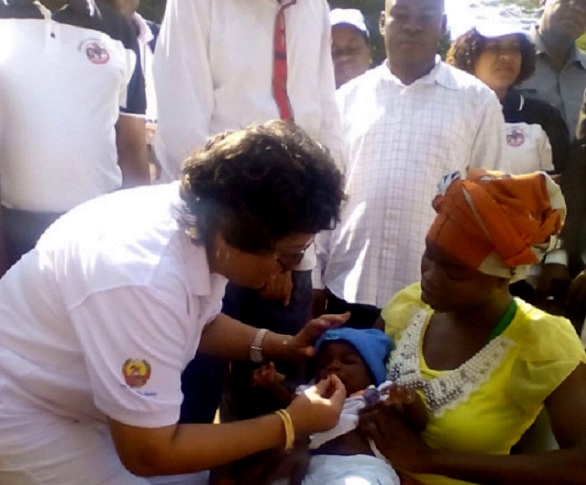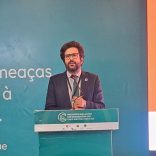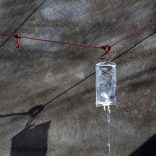Mozambique: PDUNM will rebuild two thousand houses and generate around eight thousand jobs
Over seven million children to be immunised

A total of 7.7 million children between the age of six months and five years old will be immunised during Mozambique’s National Health Week which began on Monday.
Four million of these children will receive vitamin A supplements, whilst three million between one and five years old with a dose of the anti-parasitic drug Mebendazole. Health works will also offer contraceptives to 562,000 women of childbearing age.
Vitamin A deficiency is a significant cause of blindness in developing countries. It also diminishes the ability to fight infections and contributes to maternal mortality. Mebendazole paralyses and kills worms infesting the digestive tract, including roundworms, hookworms, whipworms, threadworms and pinworms. Hookworms, in particular, are a leading cause of sickness among children and can result in anaemia and stunted physical and intellectual growth.
The targets for the National Health Week were announced by Health Minister Nazira Abdula during the campaign’s launch ceremony in the district of Mocuba, in the central province of Zambezia.
Abdula explained that a special focus will be on those children that have not been seen by the health service since their birth due to various factors such as the fact that their parents live a long distance from the health centres. The campaign also includes registering the birth of children less than five years of age who have not yet completed this task.
According to Abdula, all of the logistic and administrative conditions have been created for a successful vaccination campaign.
The provincial governor of Zambezia, Abdul Razak, appealed to those present at the ceremony to pay more attention to the feeding of children in the early years of life. According to Razak, the future health of children depends, in large measure, on how parents cook and mix food. He added that this is important because it can resolve the problem of child malnutrition that Zambezia faces despite the province’s agricultural potential.
Also present at the ceremony was the United Nations Children’s Fund (UNICEF) and the World Health Organisation (WHO). These organisations have given technical and financial support since the first National Health Week in 2008.
This year’s campaign is budgeted at US$2.2 million.












Leave a Reply
Be the First to Comment!
You must be logged in to post a comment.
You must be logged in to post a comment.